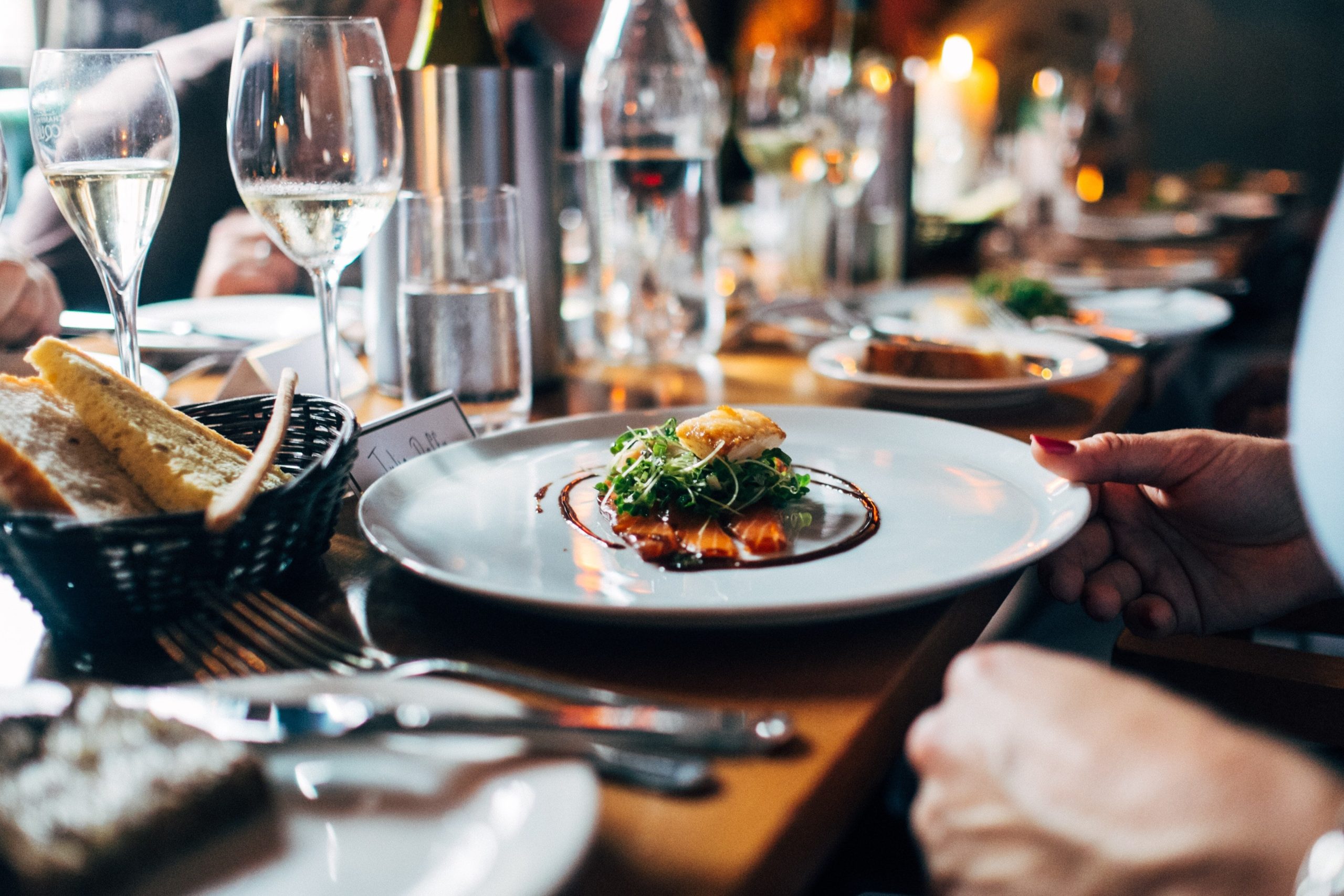Introduction: Why Communicating Your Food Restrictions is Important
If you have food restrictions, it’s important to communicate your needs to your friends, family, and others in your social circle. There are a few reasons for this:
First, by letting people know about your restrictions, they can be more mindful of what they cook or serve when you’re around. This can make social situations more enjoyable for everyone involved.
Second, communicating your needs can help to prevent awkwardness or tension. If people are unaware of your restrictions, they may inadvertently offer you something that you can’t eat or put pressure on you to eat something that isn’t good for you. But if they know about your restrictions ahead of time, they can avoid these potential problems.
Lastly, speaking up about your food restrictions can help to normalize them. Too often, people with dietary restrictions feel like they have to keep quiet about their needs in order to fit in. But the more we openly discuss these issues, the more accepted they will become. So don’t be afraid to speak up!
The Different Ways You Can Communicate Your Food Restrictions
There are a few different ways you can communicate your food restrictions to others. The first way is to simply tell them what you can and cannot eat. This can be done verbally or in writing. If you are comfortable with it, you can also explain why you have these restrictions. Another way to communicate your food restrictions is to show them a list of what you can and cannot eat. This list can be written down or stored on your phone or other device. You can also use a food restriction card, which is a card that has your food restrictions printed on it. These cards are available from many websites and stores specializing in food allergies and sensitivities. Finally, some people choose to wear a medical alert bracelet or necklace that says they have a food allergy or intolerance. This is a good way to communicate your needs if you are unable to speak for yourself, such as if you are having an allergic reaction and need medical attention.
Tips for Navigating Social Situations with Food Restrictions
If you have food restrictions, navigating social situations can be tricky. Here are some tips to help you communicate your needs:
1. Be prepared. When you know you’ll be in a social situation where food will be present, take the time to plan ahead. Bring along any snacks or meals that you’ll need, and make sure to let your host know in advance about your dietary restrictions. This way, they can be prepared and accommodate your needs.
2. Don’t be afraid to speak up. If you’re ever in a situation where food is served that you can’t eat, don’t be afraid to speak up and let others know about your restrictions. It’s okay to politely decline food that isn’t safe for you to eat.
3. Offer suggestions. If you’re invited to a potluck or other event where you’ll be expected to bring food, offer suggestions for dishes that everyone can enjoy, regardless of their dietary restrictions. This way, nobody feels left out or like they have to make special accommodations for you.
4. Be flexible. Sometimes, despite your best efforts, things don’t always go as planned when it comes to food and social situations. If there’s nothing safe for you to eat at an event, try not to let it ruin your night – focus on enjoying the company of those around you instead. And if all else fails, remember that there’s always takeout!
How to Respond to Common Questions about Your Food Restrictions
When you have food restrictions, it’s common for people to ask questions about what you can and can’t eat. Here are some tips for how to respond to common questions about your food restrictions:
-What can you eat?
It’s best to keep your answer short and sweet. You can say something like, “I’m mostly vegan, but I do eat eggs and dairy.” This will give the person a general idea of what you eat without getting into too much detail.
-How do you get enough protein/iron/vitamins?
Again, it’s best to keep your answer brief. You can say something like, “I make sure to eat a variety of nutrient-rich foods, and I take supplements as needed.” This will let the person know that you’re taking care of yourself without going into too much detail.
-Why do you have these restrictions?
This is a personal question, and you don’t have to answer it if you don’t want to. If you’re comfortable sharing why you have food restrictions, you can briefly explain your reasons. For example, you might say that you’re allergic to certain foods or that you have an intolerance. Or, you might simply say that eating a certain way makes you feel better.
Conclusion
Navigating social situations with food restrictions can be tricky at first, but it doesn’t have to be stressful. By being prepared and communicating your needs clearly, you can enjoy the company of others without compromising on your dietary requirements. Don’t forget that you always have the right to politely decline invitations or ask for something specific if need be – the only person who knows what is best for you and your health is yourself!









